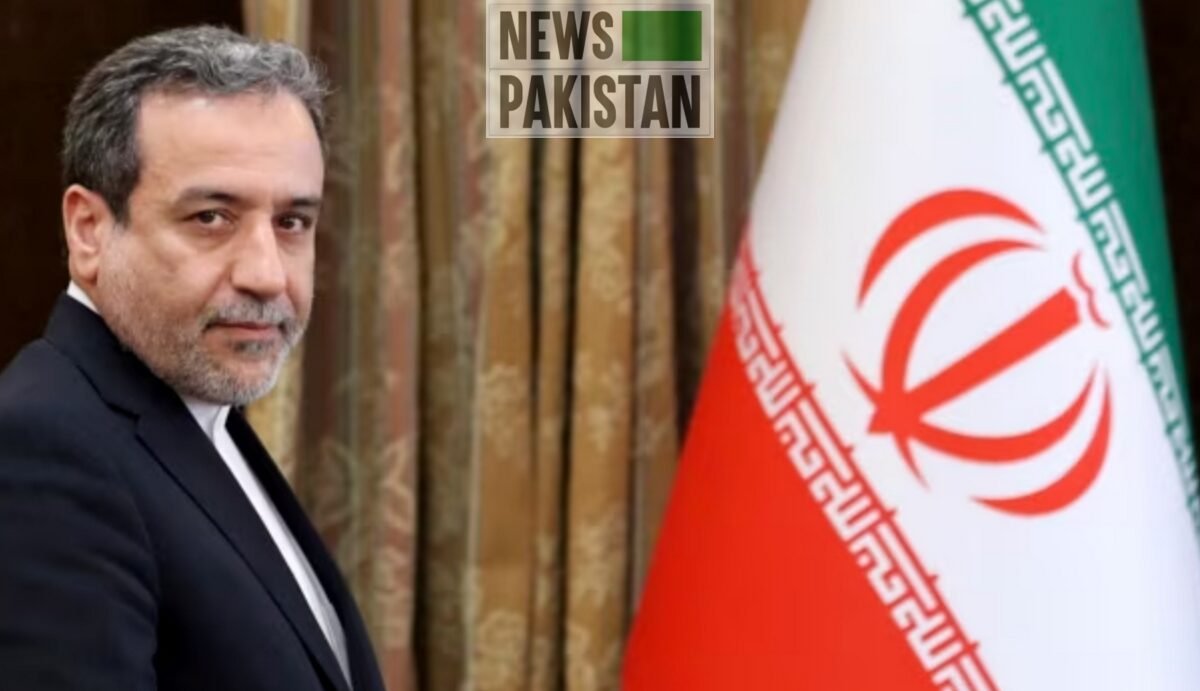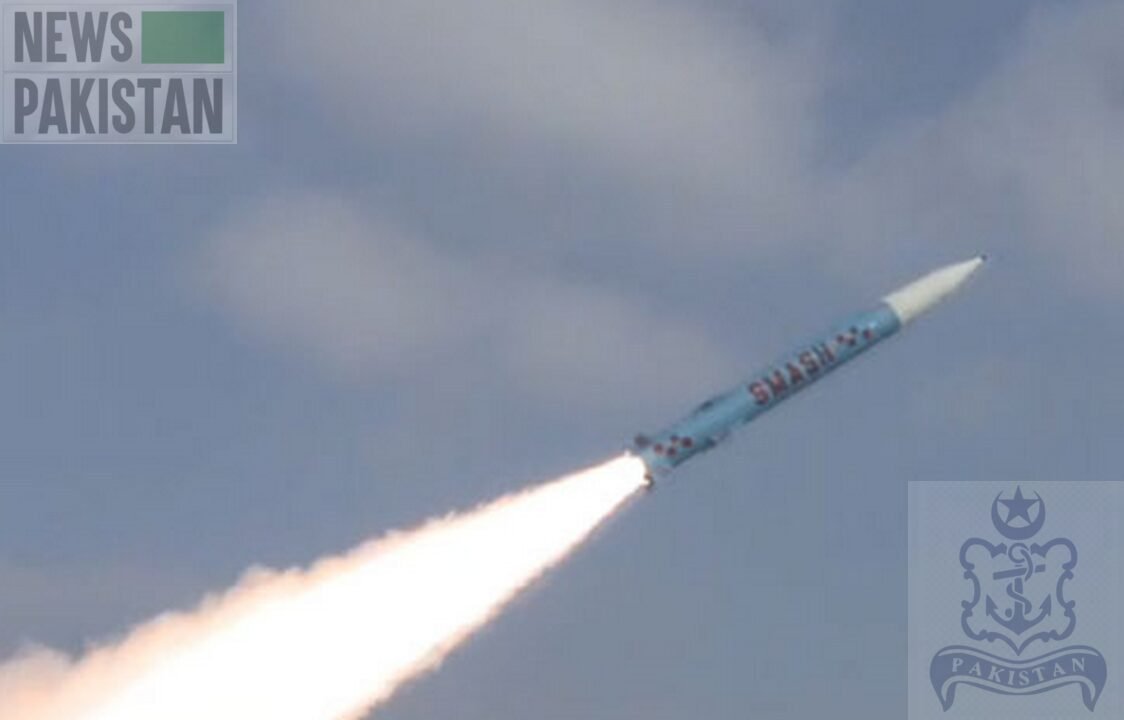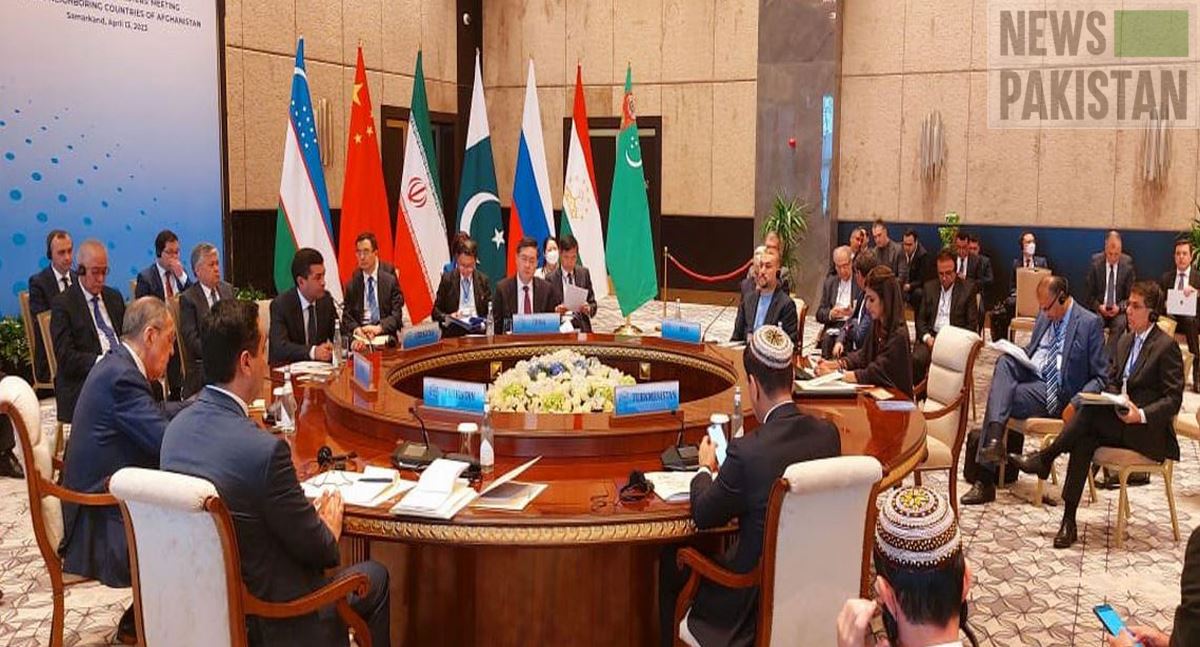ISLAMABAD: The Fourth Ministerial Conference of Afghanistan’s Neighboring Countries held in Samarkand on Thursday (14th of April, 2023) pointed out that the presence of militants in Afghanistan continued to pose threats to regional peace – a stance Pakistan has long been advocating.
“The Parties pointed out that all terrorist groups, namely the Islamic State of Iraq and the Levant (ISIL), Al-Qaeda, the Eastern Turkistan Islamic Movement (ETIM), the Tehreek-e-Taliban Pakistan (TTP), the Balochistan Liberation Army (BLA),
“…Jundallah, Jaish al-Adl, Jamaat Ansarullah, the Islamic Movement of Uzbekistan (IMU), and other terrorist organizations based in Afghanistan continue to pose a serious threat to regional and global security,” according to the declaration of the neighboring countries meeting.
Recently, in its report, Radio Free Europe also said that after the United States pulled out its troops from Afghanistan, it left behind military equipment and weapons worth $7 billion which later boosted the military capabilities of the banned Tahreek-e-Taliban Pakistan (TTP) and Baloch separatist groups.
According to the report, the US left behind weapons and equipment including firearms, communications gear, and even armored vehicles which gave the militants a “vast war chest.”
Attended by the foreign ministers and senior officials of China, Iran, Pakistan, Russia, Tajikistan, Turkmenistan and Uzbekistan, the neighboring countries’ meeting noted that the terrorism-related security situation in Afghanistan was still severe and reaffirmed their commitment to enhance cooperation on counter-terrorism and security among neighboring countries and to develop a united front against terrorism.
Pakistan always maintained that the success of any regional or international effort to mitigate the current situation of Afghanistan will remain subject to IAG’s seriousness for ensuring that Afghan soil is not used against any country.
Since the Taliban takeover, Pakistan also called for the establishment of an inclusive political structure, the adoption of moderate domestic and foreign policies, and safeguarding basic rights of all Afghans, including ethnic groups, women and children.
The Afghan authorities would also have to take visible steps to ensure that Afghanistan would never again serve as a breeding ground, safe haven or source of proliferation for terrorism.
“Terrorism is a common enemy and peace and stability is a collective responsibility. Any action by IAG to rein in anti-Pakistan elements and not to let Afghan soil against Pakistan would strengthen brotherly relations between the two countries,” a security analyst said.
Minister of State for Foreign Affairs Hina Rabbani Khar, who also addressed the meeting said, “We also believe that more needs to be done to eradicate the foothold of terrorist organizations from Afghanistan, without distinction and in a concerted and uniform manner.
Greater cooperation and coordination with the interim Afghan Government remains critical.
We look forward to working closely with the neighboring states and the international community to this end.”
She said the menace of terrorism continued to blight the lives of Afghan people on a daily basis and the threat posed by terrorist organizations to the neighboring states and the region, had accentuated.
Samarkand Declaration
The Fourth Meeting of Foreign Ministers of Afghanistan’s Neighboring States was held on April 13, 2023 in Samarkand, the Republic of Uzbekistan.
The foreign ministers and senior officials of China, Iran, Pakistan, Russia, Tajikistan, Turkmenistan and Uzbekistan attended the meeting.
In a frank and pragmatic atmosphere of mutual understanding, the Parties held a comprehensive, deep and constructive discussion of the current situation in Afghanistan, the prospects for its development, and stated the following:
The Parties reaffirmed the commitment to the development of Afghanistan as a peaceful, united, sovereign and independent state, free from the threats of terrorism and drug trafficking.
The Parties noted the importance of building an inclusive and broad-based governance system in Afghanistan that reflects the interests of all segments of Afghan society.
The Parties noted that the terrorism-related security situation in Afghanistan was still severe and reaffirmed their commitment to enhance cooperation on counter-terrorism and security among neighboring countries and to develop a united front against terrorism.
The Parties pointed out that all terrorist groups, namely the Islamic State of Iraq and the Levant (ISIL), Al-Qaeda, the Eastern Turkistan Islamic Movement (ETIM), the Tehreek-e-Taliban Pakistan (TTP), the Balochistan Liberation Army (BLA), Jundallah, Jaish al-Adl, Jamaat Ansarullah, the Islamic Movement of Uzbekistan (IMU), and other terrorist organizations based in Afghanistan continue to pose a serious threat to regional and global security.
The Parties stressed the importance of combating the drug threat and called for support for the development of drug crop substitution programs, as well as for combating drug production and trafficking.
The Parties emphasized the necessity for the international community to maintain dialogue and communication with Afghanistan and called for further measures to improve the living conditions of the people
…and expressed confidence that the Afghan authorities will respect fundamental human rights, including the rights of all ethnic groups, women and children, and will provide every citizen of Afghanistan with equal rights to participate in the socio-political, economic and cultural life of the country.
The parties noted the relevance of coordinating regional and international efforts to ensure security and stability in the region, emphasizing the positive contribution of existing regional forums, including the Tashkent International Conference “Afghanistan: Security and Economic Development” and the Moscow Format Consultations on Afghanistan.
The Parties expressed their deep concern about the humanitarian situation and the poor economic situation in the country, declaring their readiness to continue providing humanitarian assistance to the Afghan people and providing support for the economic reconstruction of Afghanistan.
The Parties noted the key role of the United Nations in providing humanitarian assistance to Afghanistan, calling on the international community to intensify emergency humanitarian assistance to the people of Afghanistan.
The Parties reaffirmed the importance of countering attempts to politicize the provision of humanitarian assistance needed by the people of Afghanistan and stressed that the distribution and use of humanitarian assistance should serve for the benefit of the ordinary Afghan people.
The Parties emphasized that assistance to Kabul in restoring the national economy will allow creating decent living conditions for the population and reducing the flow of migration abroad.
The Parties noted the fundamental significance of major international energy, transport, communication, infrastructure and other projects implemented by neighboring countries for socio-economic development of Afghanistan and its active integration into the world economy.
The Parties took note of the initiative of Uzbekistan to create an International Negotiation Group under the auspices of the UN and Tajikistan’s initiative on creating a “security belt” around Afghanistan, and look forward to receiving comprehensive concept notes from the initiators.
Urged the countries mainly responsible for the current predicament in Afghanistan to earnestly fulfill commitments on the economic recovery and future development of Afghanistan.
The parties reaffirmed the launch of three working group meetings namely political and diplomatic, economic and humanitarian, security and stability at an early date.
The Parties expressed gratitude and appreciation to Uzbekistan for holding the Fourth Meeting of Foreign Ministers at a high organizational level, and supported the proposal to hold the Fifth Meeting of Foreign Ministers in Ashgabat in 2024, or at an earlier date, if needed.
APP
Newspakistan.tv











